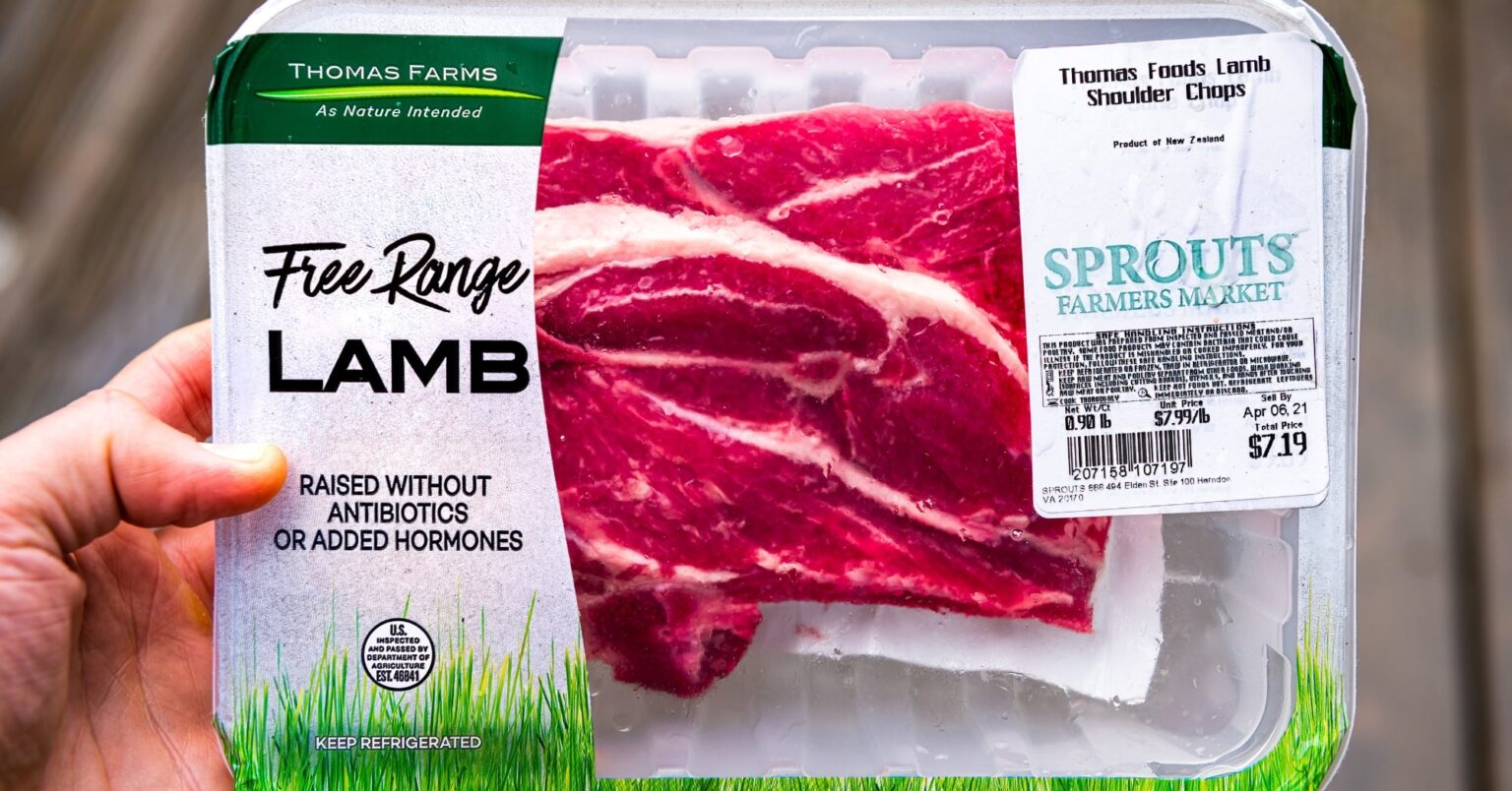The U.S. Department of Agriculture announced updated guidelines this week for how it supports documentation of animal-raising or environment-related claims on meat and poultry product labels.
The USDA highlighted that claims such as “Raised Without Antibiotics,” “Grass-Fed,” and “Free-Range,” along with environmental claims like “Raised using Regenerative Agriculture Practices” and “Climate-Friendly,” are voluntary marketing assertions. These claims aim to emphasize specific practices related to the raising of animals or the implementation of what some consider to be more environmentally sustainable methods.
Agriculture Secretary Tom Vilsack emphasized the importance of these updates, stating that they are part of the USDA’s ongoing commitment to ensuring fairness and choice for both farmers and consumers.
“Supporting transparency and high-quality standards is crucial for leveling the playing field for businesses that truthfully use these claims and for maintaining consumer trust in product labels,” Vilsack said.
The Food Safety and Inspection Service reviews the documentation for these claims, which can only appear on product labels following FSIS approval. The last revision to these guidelines occurred in 2019.
In this latest update, the FSIS strongly recommended the use of third-party certification to verify the accuracy of animal-raising and environment-related claims. The agency noted that third-party verification helps ensure the truthfulness of these claims by having an independent organization confirm that the relevant standards are met on farms.
For establishments making claims such as “Raised Without Antibiotics” or “No Antibiotics Ever,” the FSIS advised the implementation of routine sampling and testing programs to detect antibiotic use before slaughter, or to obtain third-party certification that includes testing.
The revisions to the guidelines were informed by sampling data, petitions, public comments, and feedback from a broad range of stakeholders.
Following the USDA and FSIS announcement, the Meat Institute responded by expressing support for truthful labeling that helps consumers make informed choices. Sarah Little, a spokesperson for the Meat Institute, noted that third-party verification is a common practice in the meat and poultry industry, and the organization will assist its members in maintaining consumer trust.
In 2023, FSIS worked with USDA’s Agricultural Research Service (ARS) to assess the validity of antibiotic-free claims. The FSIS collected liver and kidney samples from 196 cattle across 84 slaughter facilities in 34 states, and the ARS tested these samples for over 180 veterinary drugs, including various antibiotics. The study revealed that approximately 20% of samples from the “Raised Without Antibiotics” market contained antibiotic residues.
The FSIS responded by stating that it would take enforcement action against any establishments found to be making false or misleading claims. Establishments with positive test results were advised to conduct root cause analyses, implement corrective actions, and ensure future products are accurately labeled.
A peer-reviewed paper detailing the complete results of the FSIS and ARS study will be published soon. The findings highlight the need for more rigorous substantiation of such claims, and FSIS may undertake further testing, random sampling, and rulemaking to strengthen the verification of animal-raising and environment-related claims.
»Related: 8 misleading food marketing labels


